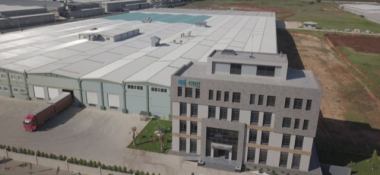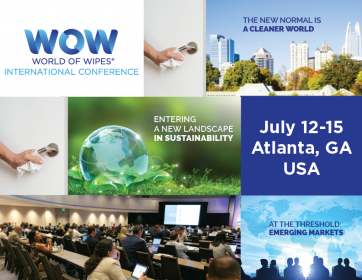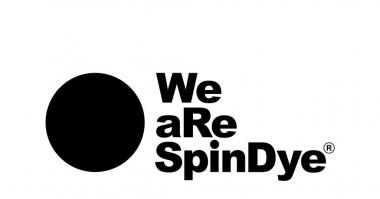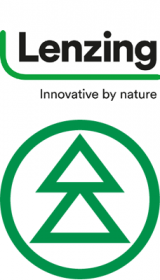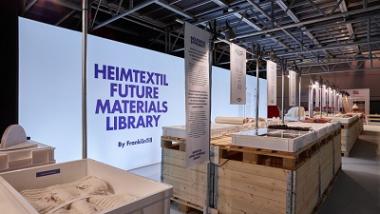Lenzing awarded platinum status for sustainability by EcoVadis
The Lenzing Group has been awarded Platinum status in EcoVadis’ CSR rating. The assessment comprehensively covers the four main CSR (Corporate Social Responsibility) practices: the environment, fair working conditions and human rights, as well as ethics and sustainable procurement.
In the previous three years, Lenzing had already received outstanding ratings in all categories, and was awarded Gold status in 2018, 2019 and 2020. “We are very proud to have now achieved the step up to the Platinum level after several Gold ratings in the past few years. At Lenzing, we always think beyond fibres and take responsibility for our children and grandchildren – for whom we do our best in order to constantly improve ourselves. This attitude forms part of our strategic principles and we will continue to work hard to make a sustainable contribution to the environment and to society”, notes Stefan Doboczky, CEO of the Lenzing Group.
The Lenzing Group’s ambitious climate targets form an essential part of its strategy and responsibility to future generations. In 2019, Lenzing became one of the world’s first fiber manufacturers to commit to reducing CO2 emissions per ton of product by 50 percent by 2030, and even becoming climate-neutral by 2050. The Science Based Targets Initiative, a recognised organisation in the area of climate-relevant target-setting, has scientifically validated Lenzing’s climate targets.
This scientific validation also forms one of the essential criteria that EcoVadis highlights in its rating. In addition, the responsible procurement of raw materials – according to social and ecological aspects – was also highlighted as a further core element in the company’s sustainability strategy, as well as support for external environmental initiatives (Sustainable Apparel Coalition, Fashion Industry Charter for Climate Action) and initiatives on labour and human rights issues (Sustainable Apparel Coalition).
Lenzing Lenzing Group Sustainability environment EcoVadis fibres Fibers specialty fibers
Lenzing AG









